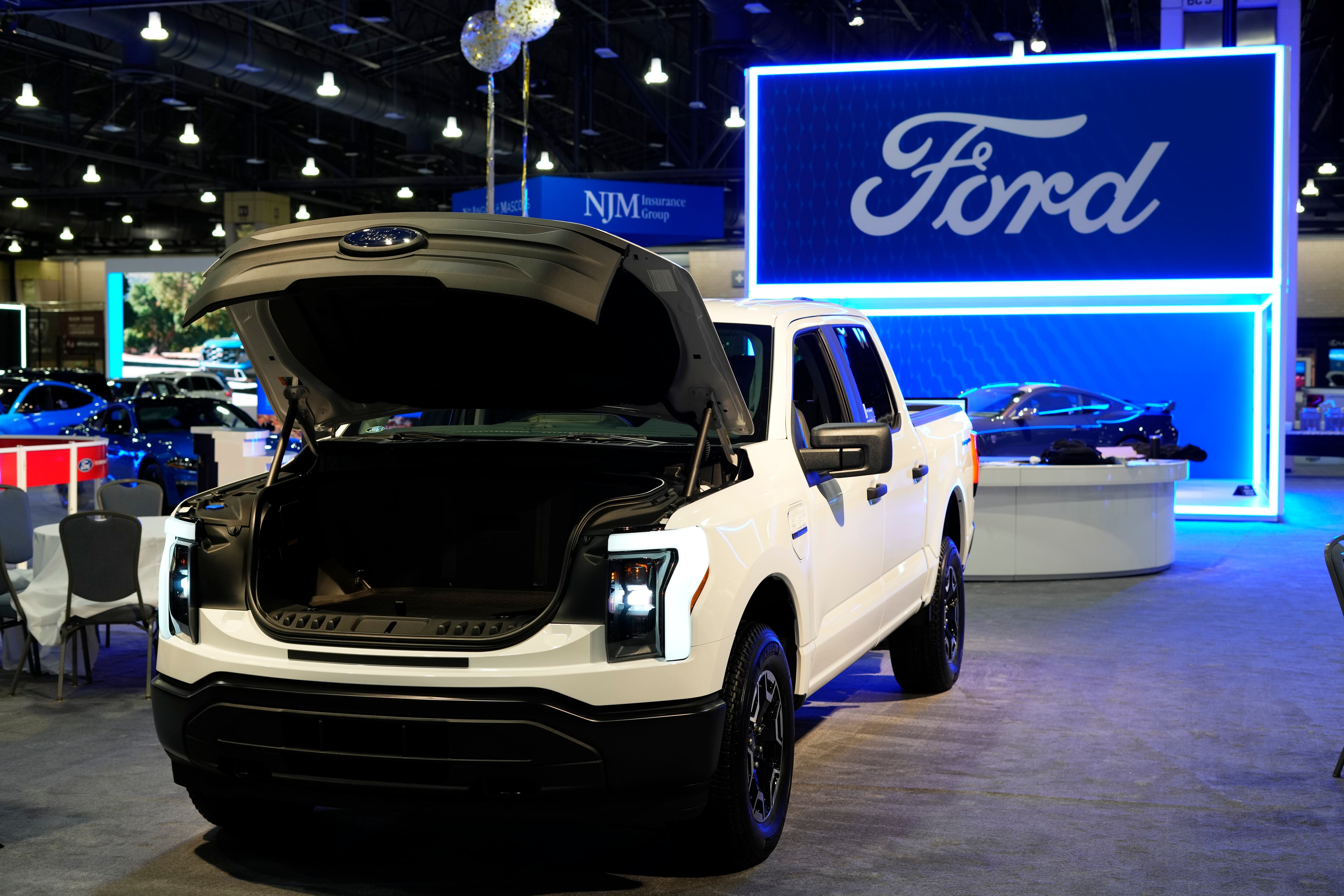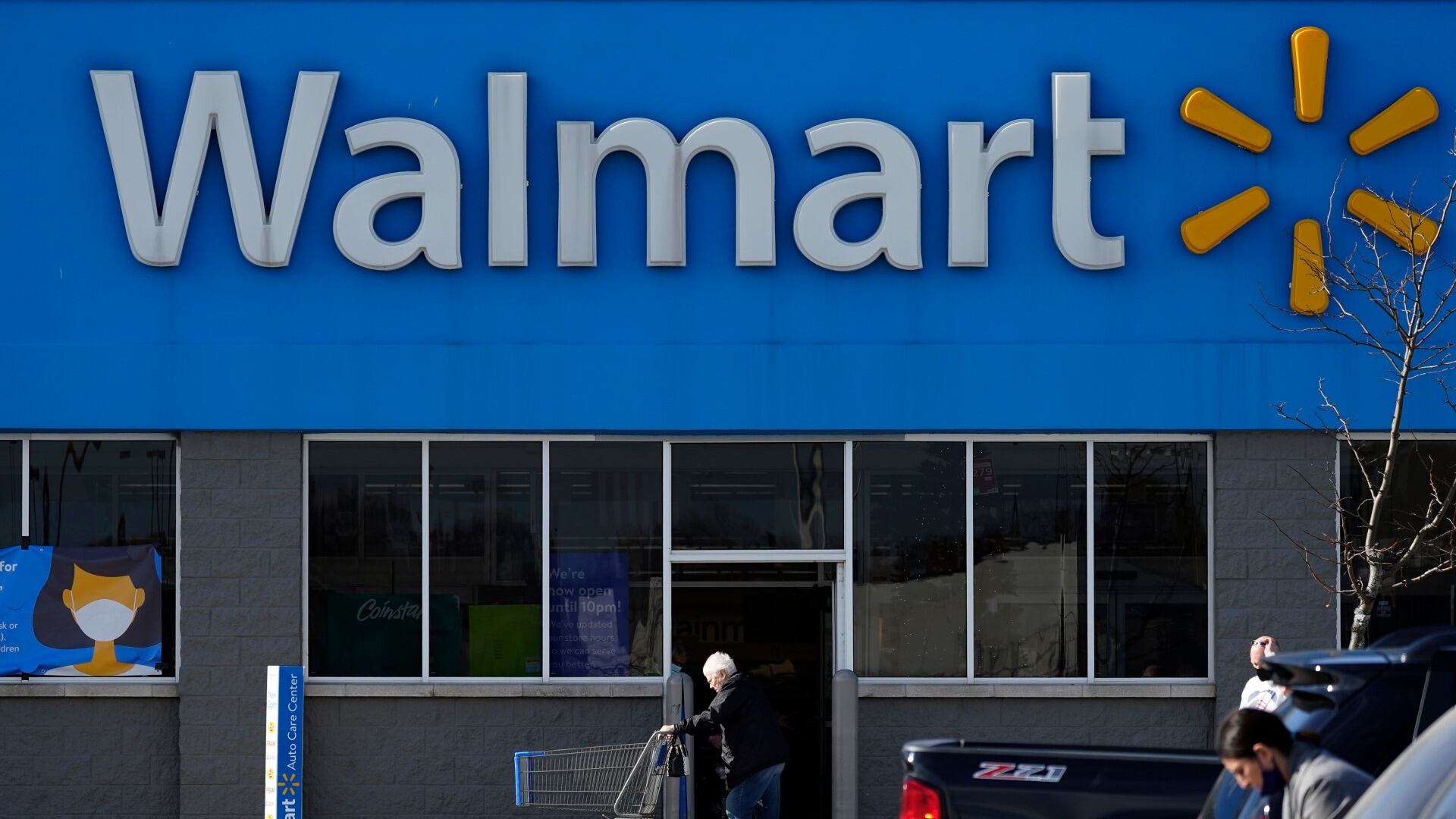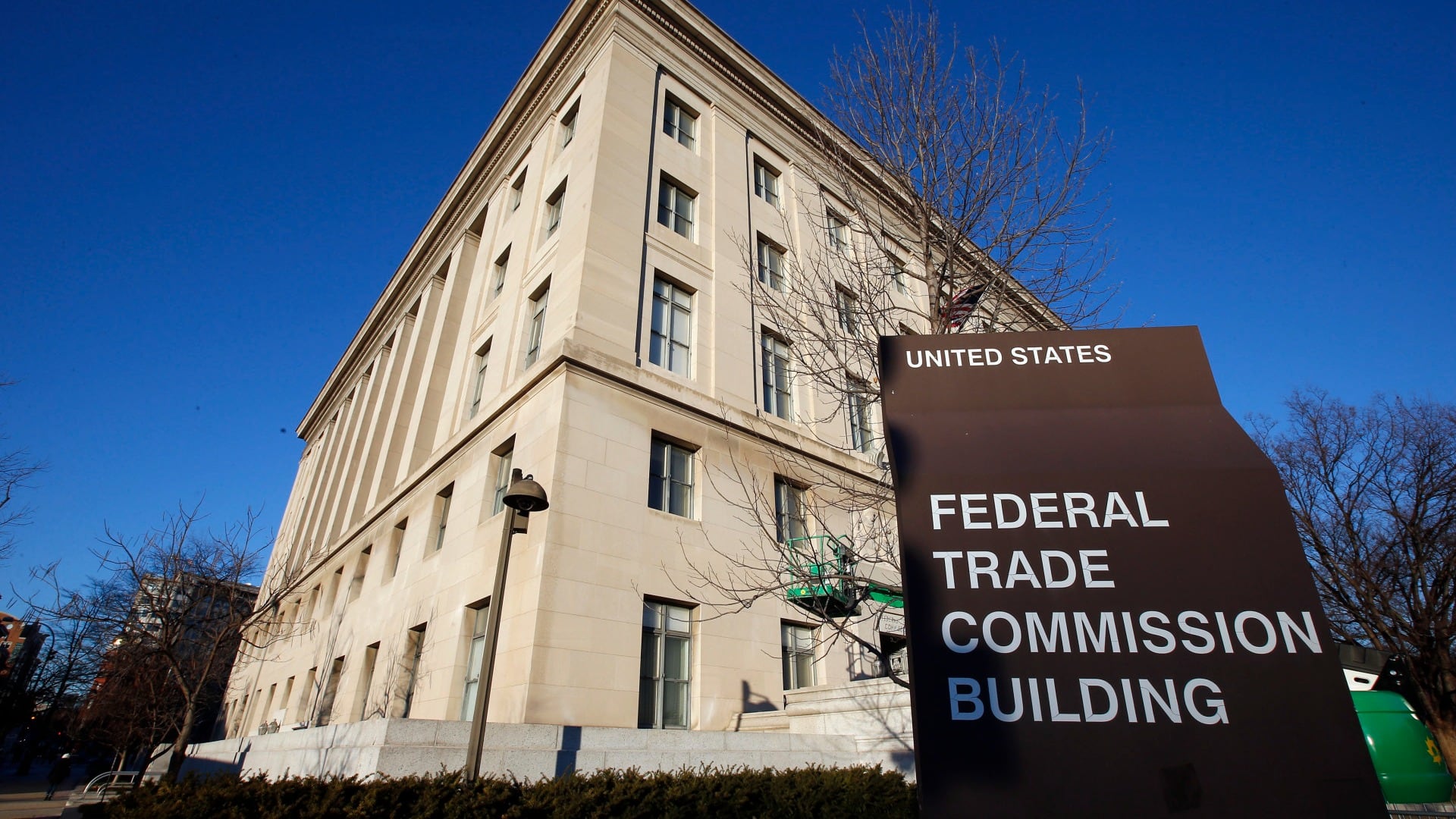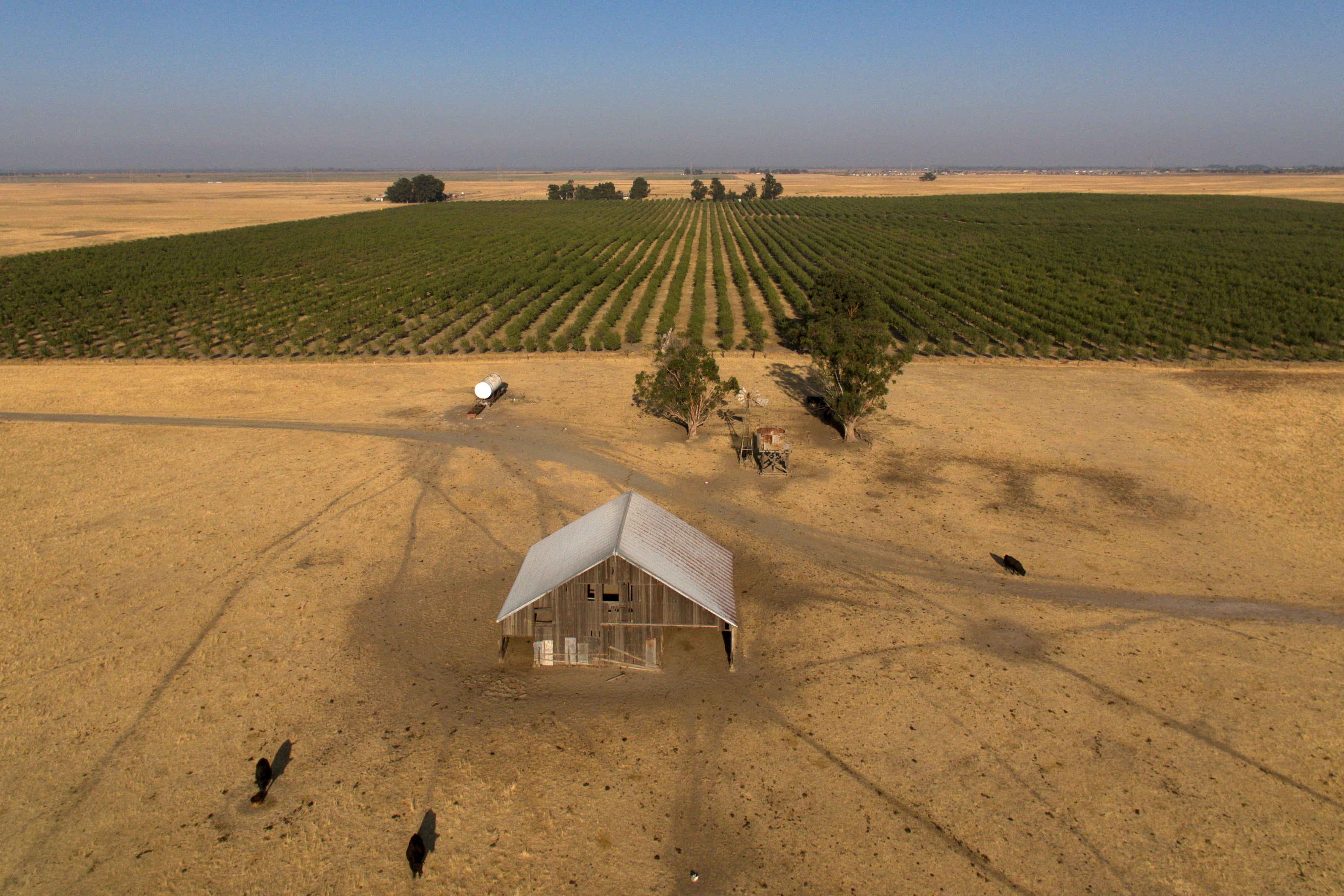*By Chloe Aiello* Canopy Growth is planning its entry to the U.S. on the back of the new Farm Bill ー and aims to establish a hemp "hub" in New York, according to CEO Bruce Linton. "New York is setting up a pretty progressive approach and we have an earlier first license under that system so we can actually create a hub," Linton told Cheddar on Tuesday. "It creates a framework where you want to have a bunch of companies work together to take all the components of the plant apart and create value," he added. The Canadian marijuana producer [announced on Monday](https://www.canopygrowth.com/wp-content/uploads/2019/01/19.01.13-Canopy-NY-Hemp-Final-EN-.pdf) it received an early hemp license from the state of New York and intended to invest between $100 million and $150 million in New York operations. Canopy said its plans were fueled in part by "the strategic advantage" of its recent $4 billion investment from New York-based Constellation Brands. Shares of Canopy Growth ($CGC) surged after the announcement. President Trump in December signed into law [a version of the Farm Bill which legalized industrial hemp](https://www.cannalawblog.com/breaking-news-farm-bill-signed-industrial-hemp-is-now-legal/). Linton said that development gave the company the green light to legally enter the U.S. He said New York, which is both home to Constellation and taking a "progressive approach" to regulation, seemed like the perfect fit. Linton added that Canopy has "a handful" of locations in mind for the hub under committed price terms in "mid-upstate New York." "In your mind, what you should picture is a loop road, perhaps, and that it has multiple addresses off of it," Linton said. "We'll be the primary resident, and then we're going to have all kinds of neighbors that feed into things we either don't use ー making value out of the waste ーor suppliers of components and technologies that we require and they want to be close to us so that they can actually keep evolving." Linton estimated that the new center will create at least a few hundred jobs over about six years, but acknowledged he's over-delivered on his promises in the past. Years ago, he promised the residents of Smith Falls in Eastern Ontario he would try to create 150 jobs in the town, which had struggled following the closure of a Hershey chocolate factory. [He's since [created 800 jobs there](https://www.cbc.ca/news/canada/ottawa/optimism-in-smiths-falls-the-little-town-cannabis-saved-1.4861934). "I suspect our pattern of not over-promising should be maintained," Linton said. Linton celebrated the move as another first for Canopy, but said he does anticipate some challenges ahead for his company and the marijuana industry in 2019. "Probably just keeping our heads down and working is why we've become the largest legal provider on the planet, but there should be quite a few skeptical investigators and regulators out there, because it's a bit of a gold rush and it's not necessarily attracting earnest work," he said.












